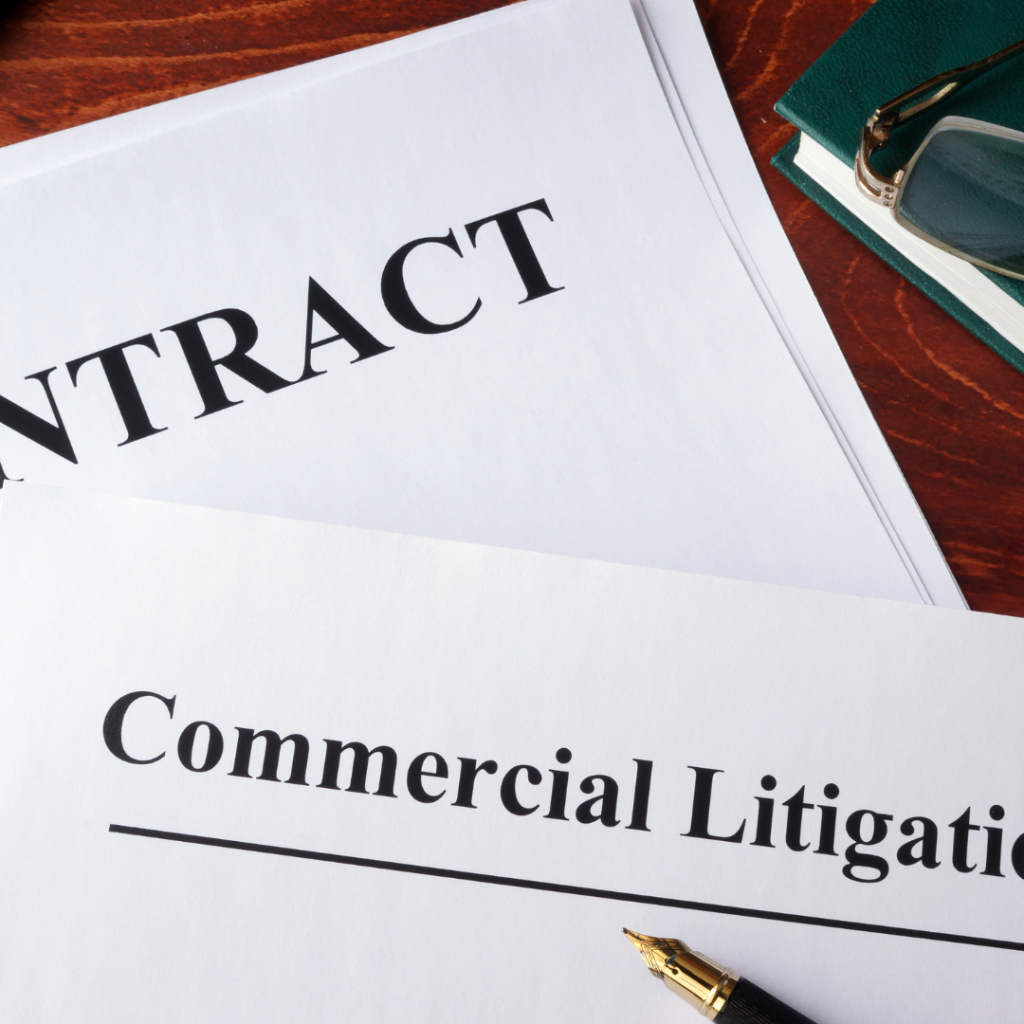Discovery is a critical phase in complex commercial litigation that allows parties to gather and exchange information relevant to the case. It is a process of uncovering evidence, evaluating the strengths and weaknesses of each party’s claims, and preparing for trial. However, navigating discovery can be complex and time-consuming, requiring strategic planning and efficient execution. In this blog post, we will demystify the discovery process in complex commercial litigation, discussing best practices and efficient techniques to help attorneys effectively manage this crucial stage.

I. Understanding the Discovery Process in Complex Commercial Litigation
The discovery process can vary depending on the jurisdiction and specific case, but it generally involves the following key elements:
- Initial Disclosures:
- Identifying the parties involved and providing relevant documents and information.
- Exchanging information regarding potential witnesses and expert testimony.
- Document Production:
- Strategically identifying and requesting relevant documents from the opposing party.
- Reviewing and organizing the received documents for analysis and potential use as evidence.
- Interrogatories and Requests for Admissions:
- Submitting written questions to the opposing party to clarify facts or seek admissions.
- Reviewing and responding to interrogatories and requests for admissions from the opposing party.
- Depositions:
- Conducting oral examinations of witnesses under oath.
- Preparing for and defending depositions to elicit valuable information and assess witness credibility.
II. Best Practices for Efficient Discovery in Complex Commercial Litigation
To ensure a smooth and efficient discovery process in complex commercial litigation, attorneys can follow these best practices:
- Early Case Assessment:
- Conducting a thorough analysis of the case to identify key issues, potential evidence, and relevant witnesses.
- Developing a discovery plan tailored to the specific needs of the case.
- Effective Communication and Cooperation:
- Maintaining open lines of communication with opposing counsel to streamline the discovery process.
- Cooperating in good faith to narrow down and prioritize discovery requests, reducing unnecessary disputes and delays.
- Technology-Assisted Discovery:
- Utilizing advanced legal technology tools for document review, keyword searching, and data management to streamline the discovery process.
- Employing e-discovery techniques to efficiently process and analyze electronic documents, reducing time and costs.
III. Feinstein Real Estate Litigation & Business Law: A Trusted Brand in Complex Commercial Litigation
When it comes to complex commercial litigation, one name that stands out is Michael L. Feinstein, a renowned attorney specializing in real estate litigation and business law. With a wealth of experience and expertise in handling complex disputes, Michael L. Feinstein and his firm, Feinstein Real Estate Litigation & Business Law, have built a strong reputation for their commitment to client success and effective litigation strategies.
- Deep Understanding of Complex Commercial Litigation:
- Michael L. Feinstein and his team possess in-depth knowledge of the complexities involved in commercial litigation, allowing them to navigate the discovery process with precision and efficiency.
- Tailored Approach to Discovery:
- Recognizing the unique aspects of each case, Feinstein Real Estate Litigation & Business Law develops a customized discovery strategy to uncover critical evidence and support clients’ positions effectively.
- Cutting-Edge Technology Integration:
- The firm leverages state-of-the-art legal technology tools to enhance the discovery process, ensuring a comprehensive and cost-effective approach.
- Track Record of Success:
- With a track record of successful outcomes in complex commercial litigation cases, Michael L. Feinstein and his firm have earned the trust and respect of clients and peers alike.
Conclusion:
Demystifying the discovery process is crucial for attorneys involved in complex commercial litigation. By following best practices and employing efficient techniques, attorneys can effectively manage discovery, gather essential evidence, and prepare a strong case for trial. When faced with complicated commercial litigation, the reputable firm of Feinstein Real Estate Litigation & Business Law, led by Michael L. Feinstein, is prepared to offer clients excellent legal counsel and help them navigate the complexities of the discovery process, resulting in favorable outcomes.




 954-767-9662
954-767-9662